RCMP stuck with $3.6 million bill for cleanup of B.C. drug labs
Since the RCMP raided Canada's largest-ever clandestine fentanyl lab last October, it has spent $3.6 million removing deadly chemicals from B.C. drug labs.

Article content
Since the RCMP raided Canada’s largest-ever clandestine fentanyl lab in Falkland last October, the Mounties have accrued $3.6 million in costs removing deadly chemicals from B.C. drug labs.
And that money comes out of the RCMP’s operational budget, meaning less cash for more investigations at a time when the federal government is asking the Mounties to cut two per cent from their budget over three years.
Recommended Videos
RCMP Asst. Comm. David Teboul said his agency is responsible for removing the most dangerous chemicals found in the illicit labs and used in the production of fentanyl and other synthetic drugs.
“What we take away is the stuff that, in good conscience, we cannot leave behind, because they are dangerous to the public,” Teboul said.
Leaving the chemicals on-site could mean “they catch on fire or explode, or somebody from the city or the fire department or anybody who comes in contact with them gets badly hurt,” said Teboul, who is in charge of federal policing in B.C. “It is an increasing problem.”
Teboul said he has raised the issue in Ottawa about getting special designated funding to cover the cost of removing the chemicals — something that a private company with expertise is contracted to do now.
“The more labs we do, the more my bill for professional services, for the disposal, the transportation, the storage and the destruction of those chemicals goes up.”
So far, only one person, Gaganpreet Singh Randhawa, has been charged in connection with the Falkland lab, which Postmedia News reported is linked to the Wolfpack gang coalition. Other charges are expected.
The B.C. government has filed a claim against the 66-hectare rural property at 5011 Hoath Rd., where police found enough finished fentanyl and precursors on-site to produce 95 million doses of the toxic drug, as well as chemicals to make methamphetamine and MDMA.
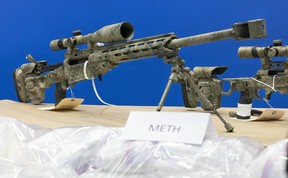
Owner Michael Driehuyzen filed a response to the civil forfeiture lawsuit, claiming he was only the landlord and had no involvement in whatever was taking place on the property.
Since the Falkland bust, B.C. investigators have also taken down several other labs in both rural and urban areas, including one in Spallumcheen.
Teboul said that while the Mounties make sure the deadliest substances are removed, “there’s a whole pile of other stuff that needs to also be dealt with that’s less dangerous.”
“It’s a comprehensive issue,” he said. “There is environmental cost. There’s property remediation, there’s all sorts of things that fall outside of our enforcement on those labs.”
Teboul said his team has other continuing, “complex investigations into really high-level organized crime as we speak, where lab operations are suspected.”
“We’re on them. We’re looking for them, but we can’t be limited by funding because we’re spending it on the destruction of these chemicals seized,” he said.
The remaining cleanup of lab properties is supposed to fall to owners. But in some cases, local governments end up dealing with the fallout.
Spallumcheen Mayor Christine Fraser said her town uses its bylaws to go after problem properties but that the process can take years.
The township had already taken action against the owners and tenant on the property where the RCMP found a drug lab in February. The director of civil forfeiture filed a lawsuit last month to seize the property.
“Part of the problem with our legal process is it seems to favour the illegal activities more than it does protect the residents in a community and a community itself,” Fraser said. “And even when the province does try to step in, it’s limited as well to a multi-year process to be able to do the right thing.”
She said new legislation to deal with illicit drug labs “would be a great first step.”
“I think that it would be great to have tougher legislation,” Fraser said.
Dean Trumbley, a director in the Columbia Shuswap Regional District, said the broader problem of contaminated properties has gotten more attention because of recent drug lab discoveries.
“The provincial and the federal government have to respond some way, recognizing that, this is an increasing situation,” said Trumbley, who represents Electoral Area D, which includes Falkland. “Maybe they do have to put together some sort of a granting type system where you meet these criteria and you can apply and you can get relief funding to help clean up the mess.”
Sometimes the ownership of the properties is convoluted, with owners claiming they rented to tenants, he said. In some cases, owners don’t keep up property tax payments so local governments end up seizing contaminated land that has to be remediated.
“There’s nothing you can really do about it. You’re just kind of handed this property and then … it’s your headache,” Trumbley said.
Bluesky: @kimbolan.bsky.social







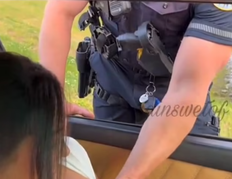
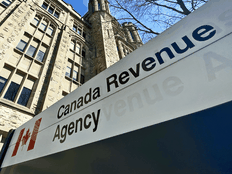
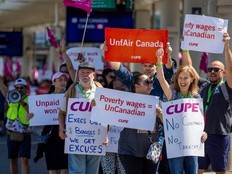

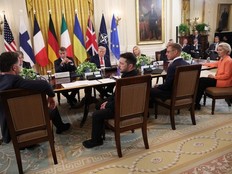

Postmedia is committed to maintaining a lively but civil forum for discussion. Please keep comments relevant and respectful. Comments may take up to an hour to appear on the site. You will receive an email if there is a reply to your comment, an update to a thread you follow or if a user you follow comments. Visit our Community Guidelines for more information.